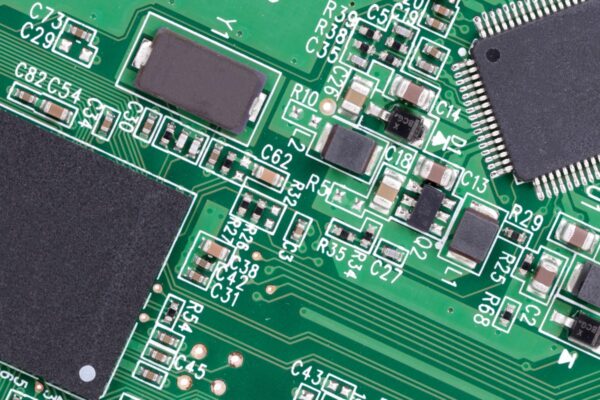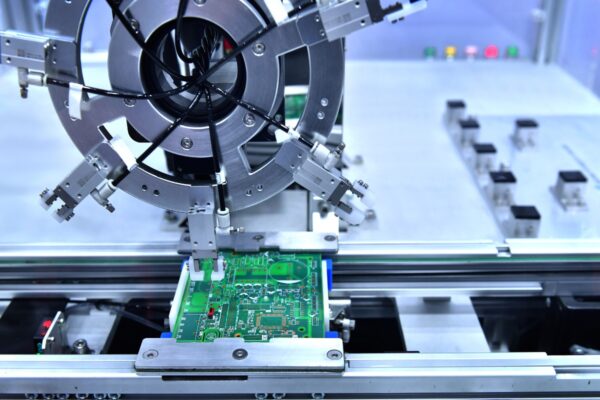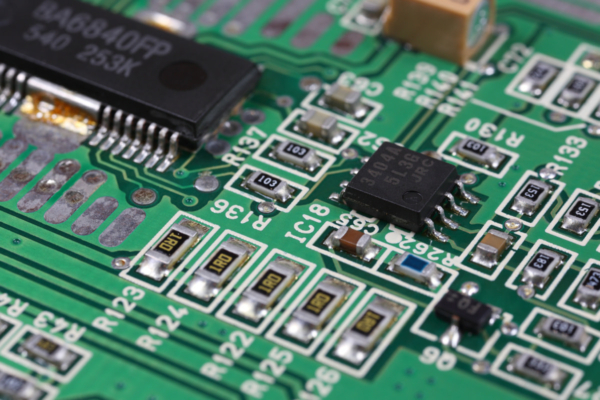What is Coefficient of Expansion
The coefficient of expansion, also known as the coefficient of thermal expansion (CTE), refers to the rate at which a material expands or contracts when subjected to changes in temperature. In the context of the PCB industry, it specifically relates to the expansion of a PCB material as it heats up.
The CTE is typically expressed in parts per million (ppm) expanded for every degree Celsius that the material is heated. It is an important property to consider in the design and manufacturing of PCBs as it can impact the reliability and performance of the board. The CTE of a PCB substrate is usually higher than that of copper. This difference in CTE between the substrate and copper can lead to interconnection issues as the PCB is heated. Therefore, understanding and managing the CTE of the materials used in PCB fabrication is crucial.
The CTE of a PCB material is influenced by various factors, including the composition and structure of the material. Along the X and Y axes (horizontal directions), the CTE is generally low, typically around 10 to 20 ppm per degree Celsius, due to the presence of woven glass that constrains the material in these directions. However, in the Z direction (vertical direction), the material must be able to expand to accommodate thermal expansion, so a low CTE along the Z axis is desirable. It is recommended to aim for a CTE of less than 70 ppm per degree Celsius along the Z axis.
The glass transition temperature (Tg) is a critical point on the CTE curve. It is the temperature at which the material’s behavior changes, and if the temperature exceeds the Tg, the substrate softens and does not expand any further. Considering the Tg of the PCB material in relation to its CTE is important.
Frequently Asked Questions
What Is the Coefficient of Expansion
The coefficient of expansion refers to the ratio of the change in length, area, or volume of an object per degree increase in temperature, in relation to its original length, area, or volume at a specific temperature, typically 0°C, while maintaining constant pressure. It is also known as expansivity.
What Is the Coefficient of Thermal Expansion of FR4 PCB
FR4 PCB has a coefficient of thermal expansion (CTE) ranging from 17 to 19ppm/C. This CTE is suitable for organic packages. However, as the industry progresses, there is a growing demand for low CTE packages. Therefore, there is a need for a PCB that can adjust its CTE to match ceramic packages or even DDA/flip chip components.
What Are Typical CTE Values
In general, the coefficient of thermal expansion (CTE) values for metals are typically between those of ceramics (lower values) and polymers (higher values). It is common for metals and alloys to have CTE values ranging from 10 to 30×10–6/K (5.5 to 16.5×10–6/°F).





